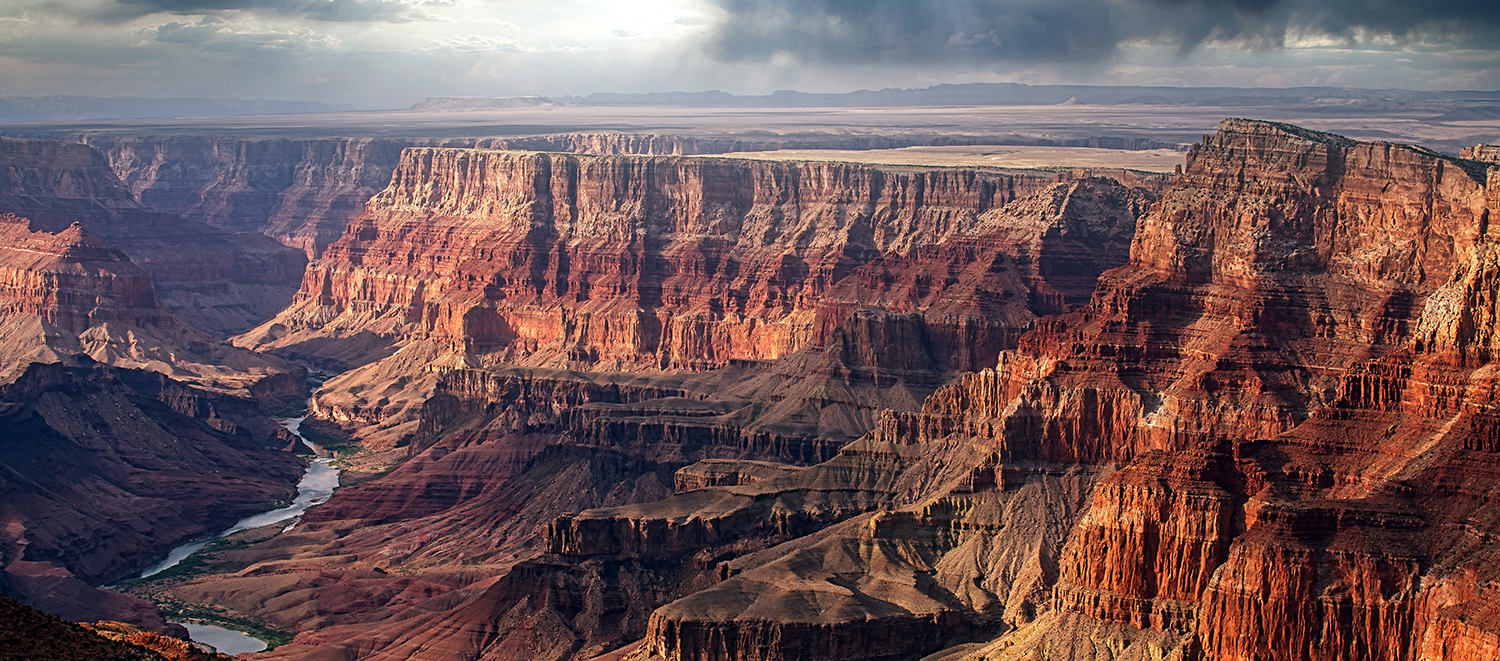FREE, PRIOR & INFORMED CONSENT
Native Nations and Indigenous peoples need a seat at the decision-making table in matters dealing with tribal lands, water, and sacred sites.

SHARE
This is an era of examining racial injustice and climate change. The authority of Native Nations, traditional societies, ceremonial grounds, and Indigenous spiritual leaders must be recognized in these most important matters regarding the protection of sacred places and Indigenous ways of life. In doing so, the United States should adopt policies, procedures, regulations, and laws centered upon Indigenous free, prior, and informed consent,
There are many steps on the path towards full engagement of Tribes in decision-making on land, water, and sacred sites. An important first step is passing the Respect Act, which establishes a system to meaningfully engage Tribal Nations and Indigenous peoples.
Executive orders are not enough. Over the years, while tribal consultation provided procedural steps in some instances to mitigate damage to sacred and historic places, it was also used as a cudgel to end federal responsibility. This led to the ultimate destruction of Indigenous sacred places. Within the contexts of racial justice, civil rights, and human rights, the harms done to Indigenous sacred places, Ancestors, and cultural ways of life violate constitutional rights, and natural and spiritual laws.
The ultimate goal is to establish free, prior and informed consent as the foundational basis of federal relations with Indigenous Peoples. In doing so, we make the below recommendations, as a starting point, for the current administration:

- The adoption of free, prior and informed consent of Native Nations, traditional societies, ceremonial grounds, and Indigenous spiritual leaders as a principle that guides sacred places and cultural protection in policies, regulations, agencies, and the law.
- Equal distribution of authority in public lands management and administration with Native Nations, traditional societies, ceremonial grounds, and Indigenous spiritual leaders.
- The development of Indigenous data governance structures with the free, prior and informed consent of Native Nations, traditional societies, ceremonial grounds,
Indigenous spiritual leaders, and Indigenous Peoples to protect culturally sensitive information, Indigenous knowledge, and Indigenous intellectual and cultural property rights. - Recognition of Native Nations, traditional societies, ceremonial grounds, Indigenous spiritual leaders, and Indigenous Peoples as experts of our own cultures, sacred places, burial places, and on all cultural matters.
- Honoring and upholding the treaty rights and inherent sovereignty of Native Nations.
- Acknowledgement that sacred lands and waterways have inherent and natural rights, and should have the same rights as a person.
- Enacting full protections for sacred places, including, but not limited to: Arctic National Wildlife Refuge, Bear Butte, Bears Ears, Black Hills, Coldwater Springs, Greater Chacoan Landscape, Mauna Kea, Menominee River & Sixty Islands Area, Missouri River, Nantucket Sound, Oak Flat & Apache Leap, Pipestone National Monument, San Francisco Peaks, Serpent Mound, Wind Cave National Park, and all other sacred places.
- Eliminate the threats to sacred places from pollution and harm, such as destructive practices from extractive industries, including: Back Forty Mine, Pebble Mine, Keystone XL Pipeline, Dakota Access Pipeline, Mariner East Pipeline, Rio Tinto, Enbridge Line 5 and Line 3 pipelines, Shasta Dam, Snake River Dams, and other harmful industry and practices to Indigenous sacred places.
- Investigate and stop the devastating effects that extractive industry development have on Indigenous women, including physical and sexual violence (rape, sexual assault, sexual assualt of minors, and sex trafficking), resulting from Man Camps and dramatic increases in population without sufficient law enforcement. Not only are these horrific crimes against women, but they violate the sanctity of our sacred places.
- Hold a meeting between Indigenous spiritual leaders and the President to discuss responsibilities and necessary actions for sacred places protection, global climate
- change, and racial justice.
- Update Executive Order 13175 to include: “free, prior and informed consent” of Native Nations, traditional societies, ceremonial grounds, and Indigenous spiritual leaders; require agency-wide education of Native Nations, Indigenous Peoples, and all laws that pertain to sacred places protection and repatriation; and require inter-agency and intra-agency coordination of federal laws pertaining to sacred places protection, repatriation, and Indigenous cultural practices.
These principles in sacred places protection are a beginning and certainly not exhaustive, as the experiences, testimonies, and recommendations of each Native Nation and its Peoples should be gathered in hearings on Sacred Places and Cultural Protections held throughout the United States with specific intent to uncover these atrocities, address racial injustice, and adopt Indigenous consent-based policies, practices, and laws.





